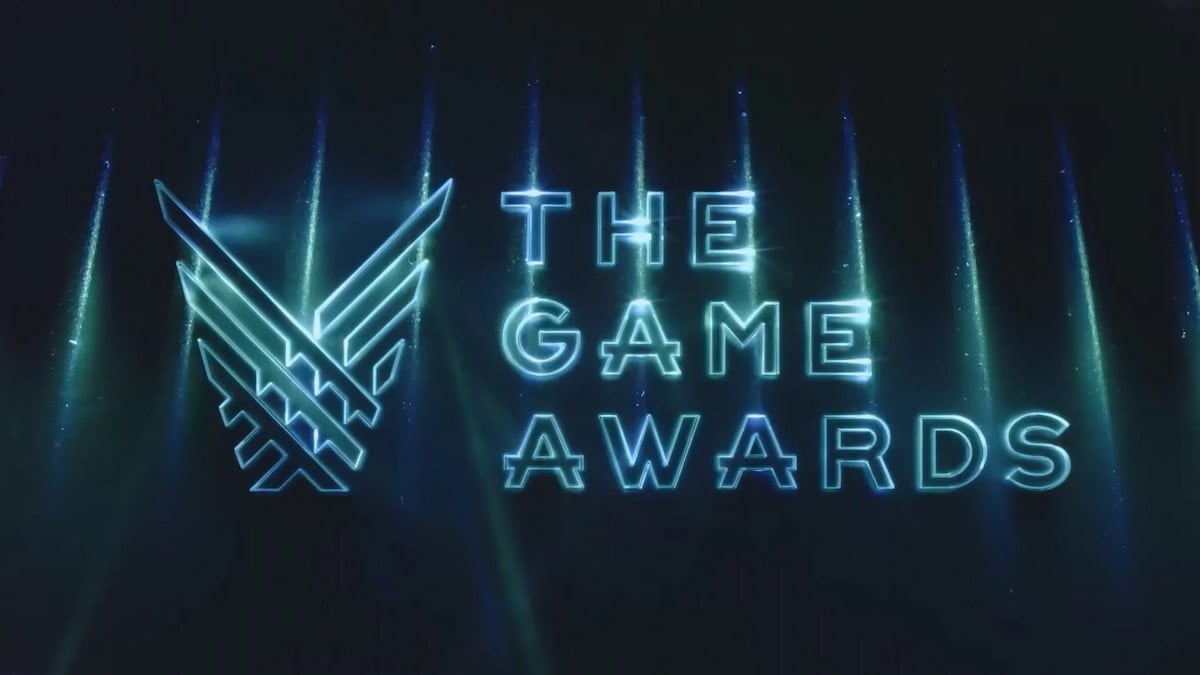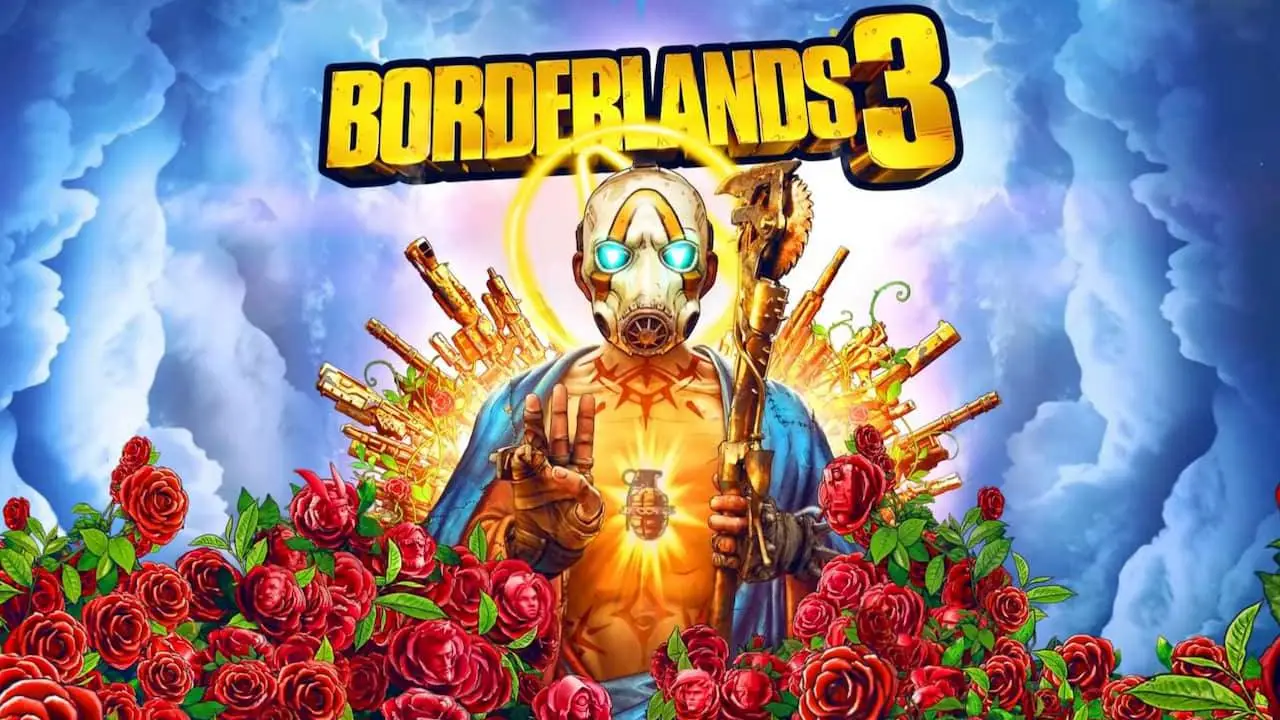Popular video game streaming service Twitch launched a new, YouTube-style copyright system on Aug. 6, and the reaction from the community has been swift and vociferous.
They hate it.
And amid growing community backlash, Twitch’s CEO has admitted making a mistake, and is backtracking on some—but not all—of the changes.
Twitch’s new system indiscriminately scans all the site’s past recordings, using an algorithm to search for videos containing copyrighted music. When it finds them, it mutes them for a seemingly arbitrary period of 30 minutes. Many Twitch streamers put music on in the background as they play, and the change affects a vast portion of the site’s archives.
In a separate announcement the same day, Twitch also added a new restriction on video saved to its archives. In the past, users were given the option to indefinitely save all their past broadcasts. Now, there would be a 60 day time limit on full broadcasts. Users can save “highlights” of their broadcasts indefinitely, but those are capped at two hours in length.
Officially, Twitch says these recordings are being deleted to save on server space.
Combined, these changes have infuriated a large swath of the Twitch userbase. The fact that they happen to come on the heels of a rumored $1 billion buyout of Twitch by YouTube, a site legendary for its often inaccurate policing of copyrighted content, has only made things worse. Many Twitch users are already fleeing to competitors, such as HitBox.
We’re looking into issues currently affecting the site. We’ve had a major influx of new users.
— hitbox Support (@hitboxliveHelp) August 6, 2014
Prominent streamers have let Twitch know just how unhappy they are about the change:
Twitch, you were the chosen one! You were supposed to bring balance to the force, not leave it in darkness!
— gootecks (@gootecks) August 8, 2014
So tested out Hitbox. It was nice. I am not dropping twitch but i will stream on hitbox quite often as well
— frokenok3 (@frokenok3) August 7, 2014
If this twitch VOD issue ends up with tons of esports VODs no longer existing online, I’m gonna be highly pissed off at them.
— Duncan Shields (@Thooorin) August 7, 2014
The reaction was so negative, and so vociferous, that Twitch CEO Emmett Shear made a rare public appearance Thursday—on Reddit.
Shear, who cofounded Twitch in 2011 as a spinoff of his previous venture, Justin.tv, admitted that the company may have moved too quickly to implement the changes. But the reactions of both streamers and viewers in the AMA suggest that a great deal of work lies ahead for the streaming video giant.
One particular exchange on Reddit highlighted the sticky situation Twitch finds itself in. Cosmo Wright, a popular streamer famous for his “speedruns” through classic games, laid out a compelling reason for why the new time restrictions are particularly harmful to gamers like him. Speedrunning is a genre of competitive gaming in which players race through games as quickly as possible. Depending on the game, these speedruns can often take a lot longer than two hours.
“I’ve loved your site before its inception,” Wright wrote. “It’s thanks to your service that I was able to turn my passion into a dream job.”
However, “deleting all past broadcasts and limiting highlights to 2 hours was extremely disappointing,” he added. According to Wright, he and a few other speedrunners held a group call with Twitch engineers, who seemed unwilling to budge on the time-limit issues.
“Forget all that, though,” he continued.
The 2 hour highlight limit is nothing compared to Content ID matching… I’m simply finding it rather hard to support a site that is so afraid of a legal grey-area that it pre-emptively begins to sabotage a large portion of its user base.
Shear was quick to respond to the time limit issue, saying the policy change was, in hindsight, a mistake.
Our research prior to launching the feature indicated that almost no highlights were longer than 2 hours, and we were concerned about abuse of the tool. It’s clear that we underestimated the demand and need for a solution here… Expect changes here soon.
And what about the copyright decision? Some gamers noted that the system was already falsely flagging some videos for containing copyrighted music—which happened to be the music from the game itself.
Shear admitted this type of error is a mistake, and said the engineering team was actively working to mitigate the problem. He also added that Twitch was working to do away with the arbitrary 30 minute muting period.
He clarified that the company would not mute live events.
While users see the move as further evidence of Twitch’s imminent sale to YouTube, others have taken just the opposite conclusion.
“I think if Google was behind these changes you would see a much more organized and experienced transition,” Ars Technica writer Ron Amadeo posted on his Google+ page.
Part of me thinks the Google deal fell through or something and this is Twitch’s attempt to tighten down costs and try to stand on its own.
Issues with the rollout and aside, the fact remains that Twitch’s present is likely the future of any other competitor. Until copyright laws get overhauled, any streaming platform that reaches a certain threshold of popularity will need to clamp down on copyrighted content, or face serious legal repercussions.






Published: Aug 8, 2014 04:39 am